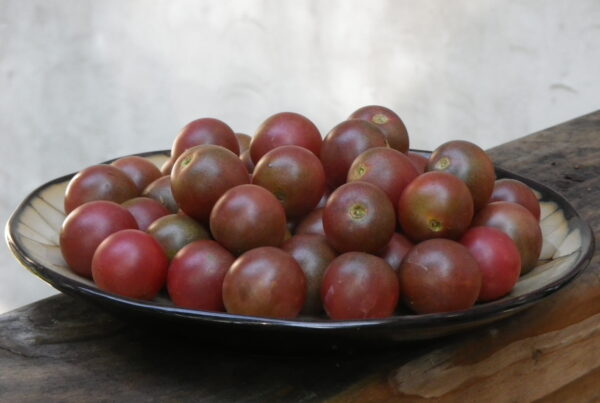Public Comment Period closes January 21, 2021
Farmers and food entrepreneurs are encouraged to familiarize themselves with the new rule, and to provide comments before the close of the comment period. For more information, see Part 1 and Part 2 of the National Sustainable Agriculture Coalition (NSAC) blog post on this Proposed Rule and comment period. To submit comments, scroll down to the last paragraph of either blog post and click on the “comment” hyperlink.
NSAC Submits Policy Recommendations to the
incoming Biden-Harris Administration
- Centering racial equity
- Food systems to help communities thrive
- Fair markets, fair programs, and fair access
- Farmer-centered, climate focused conservation programs
- Supporting safe food producers
- Science that serves armers
NSAC is encouraged to see the Presidential Transition team’s strong emphasis on “building back better in Rural America” and on dismantling racism in food and agricultural systems, as well as addressing climate change and bringing the pandemic under control. To learn more, check out the blog post on NSAC’s recommendations to the Biden-Harris transition team.
Section 2501 Funds Innovative Projects despite Funding Cut
USDA Programs Open for Application
The USDA Natural Resources Conservation Service (NRCS) in Virginia has opened applications for the Conservation Stewardship Program (CSP), the Environmental Quality Incentives Program (EQIP) and the Agricultural Conservation Easement Program (ACEP) for the 2021 growing season. EQIP offers special initiatives for organic producers, historically underserved producers, high tunnel production system, on-farm energy conservation, longleaf pine planting, and more. CSP offers supplemental payments for advanced grazing management and for comprehensive conservation planning. For more information, visit the Virginia NRCS website.
The USDA Farm to School Grants Program has issued its request for applications and will be awarding a total of $10 million in grants to schools, nonprofits, state and local agencies, agricultural producers, and American Indian tribal organizations to increase local food procurement for school meal programs and to expand educational activities related to agriculture and food. Click here for more information. Deadline for proposals is January 8.
Two Farm Manager Positions Open in Virginia
Fields Edge Farm is a diversified Certified Naturally Grown operation growing specialty vegetables and raising grass-fed beef in Floyd County in the Blue Ridge. The Farm is hiring a Farm Manager for its vegetable production. For more information see the Fields Edge Farm Manager Job Description.
The Farm at Sunnyside in Rappahannock County seeks a farm manager to oversee its business, which its owners view as a social enterprise integrating agriculture with the goals of biodiversity conservation, climate stability, ecological restoration and a robust local food economy. For more information, see the Farm at Sunnyside Manager Job Description.
Reducing Production Risks through
Organic Soil Health Practices for the South
January 13, 2021, 2:00 – 3:15 pm EST
Join eOrganic and the Organic Farming Research Foundation (OFRF) for a webinar on organic soil health practices for the southern US.
Southern region organic producers face tremendous challenges from weeds, pests, diseases, increasing weather extremes, and rising production costs. This webinar explores the potential of soil restoration and improvement to reduce these risks, stabilize yields, and build resilience. We will focus on three key soil health practices: cover cropping for plant-available nutrients and moisture, reducing tillage intensity, and frugal use of nutrient-bearing amendments. The webinar will be presented by Mark Schonbeck and Emily Oakley of Three Springs Farm in Oklahoma will be online to answer questions.
In addition to providing monthly policy updates for this newsletter, Mark works as a consultant in sustainable agriculture and as a Research Associate with OFRF, helping in an ongoing analysis of organic research outcomes and development of a series of practical Soil Health guidebooks for organic producers.
Emily Oakley co-owns and operates Three Springs Farm, a diversified, certified-organic vegetable farm in eastern Oklahoma. With her partner Mike, she cultivates over forty different crops and more than 150 individual varieties on three acres of land. Their goal is to maintain a two-person operation that demonstrates the economic viability of small-scale farming.
This webinar is free and open to the public. Advance registration is required. Register at: https://ofrf.org/news/soil-restoration/.
This Webinar is made possible by funding from the USDA Southern Region Sustainable Agriculture Research and Education (SARE), project LS20-324 – Organic Soil Health Education Online Course and Resources for the Southern SARE Region Farmers and Ranchers.






